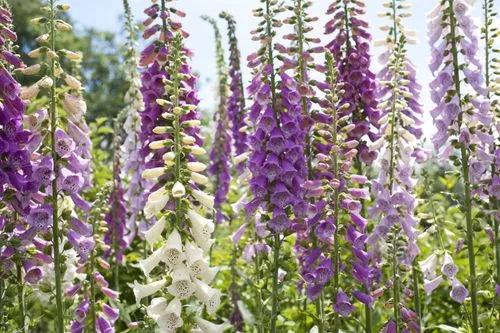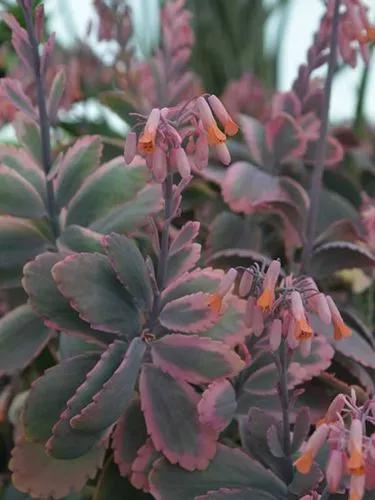Hypecoum is a genus of flowering plants in the family Papaveraceae, found in temperate areas of northern Africa, Europe and Asia. The lectotype is Hypecoum procumbens.
Hypecoum Pendulum Care
Hypecoum pendulum
Other names: Nodding Hypecoum



Annual, procumbent to erect, subglabrous to glabrous, 5-30 cm long. Leaves radical, 2-3-pinnatisect, 3-10 cm long, with somewhat sheathing leaf base; ultimate segments linear to setaceous, 2-6 mm long, 1-1.5 mm broad. Inflorescence (1-) 2-4 flowered, in axillary or terminal cyme, on 1-4 cm long peduncle. Flowers 8-12 mm across, yellow; pedicel 5-12 mm long; involucral bracts linear, 5-8 mm long. Sepals ovate, subobtuse to acute, 2-2.5 mm long, 1.5-2 mm broad, entire or ± shallowly incised at the margin. Outer petal rhomboid, elliptic or subtrilobed to trilobed, 8-12 mm long, 5-7 mm broad; inner 2 petals deeply 3 lobed, 6-8 mm long, 2-3 mm broad, middle lobe fimbriate at the margin, spathulate, outer lobes elliptic-oblong. Stamens opposite the petals, 5-6 mm long; anthers linear to oblong, with or without a gland on either sides at the base of the filament. Ovary cylindrical, 6 mm long, brownish; stigmas 2, recurved, somewhat yellow. Fruit linear or linear oblong, deflexed, 3-7 cm long, 3-5 mm broad, indehiscent to pseudo-dehiscent, lomentoid. Seeds small, brownish, planoconvex to reniform, c. 2 mm long, 1.5 mm broad.
It differs from Hypecoum procumbens L. by its terete and cylindrical fruit (not compressed). The outer petal variation seems to be overlapping in our species and cannot be considered as a reliable taxonomic character.
This plant is useful.
How to get rid of: Pull the weeds out with your hands, not chop them down with the hoe. Many harmful herbs, for example, shytiry, are able to grow from the top of the root - they have dormant buds there.
Discover more plants with the list below
Popular articles






